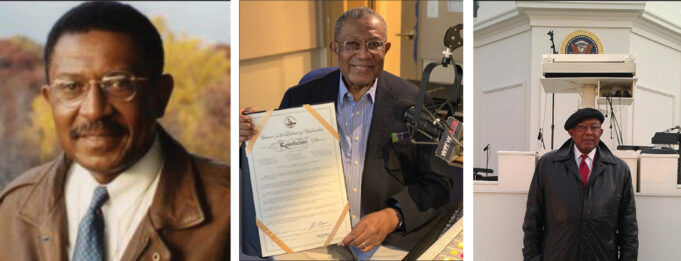Brother Askia Muhammad a trailblazer, mentor and friend
The dean of The Final Call newspaper editorial staff made his transition to Allah (God) Feb. 17. Askia Muhammad died of natural causes. He was 76 years old.
Known and respected widely by journalists, Askia Muhammad had a lengthy and productive history as a member of the Nation of Islam and was a solid fixture in the print and broadcast media. News of his passing had an immediate impact on the Nation of Islam and journalists across the country.
“I feel the loss of a brother, the loss of a friend, the loss of a student in the classroom of God that he translated into a work project that stimulated the level of consciousness to everyone who read his writings,” the Honorable Minister Louis Farrakhan told The Final Call. “I (personally) feel his loss as a member of a family would feel because he was part of a family, a family he came into as a young man and used his skill as a writer and thinker to help as many as he could, to influence as many as he could to live a better life of progress and productivity that his loss manifested.
“He will be greatly missed,” the Minister said.
National Newspaper Publishers Association President Rev. Ben Chavis has known Askia Muhammad for 50 years. He described Askia as a “freedom fighter journalist with a world view.”
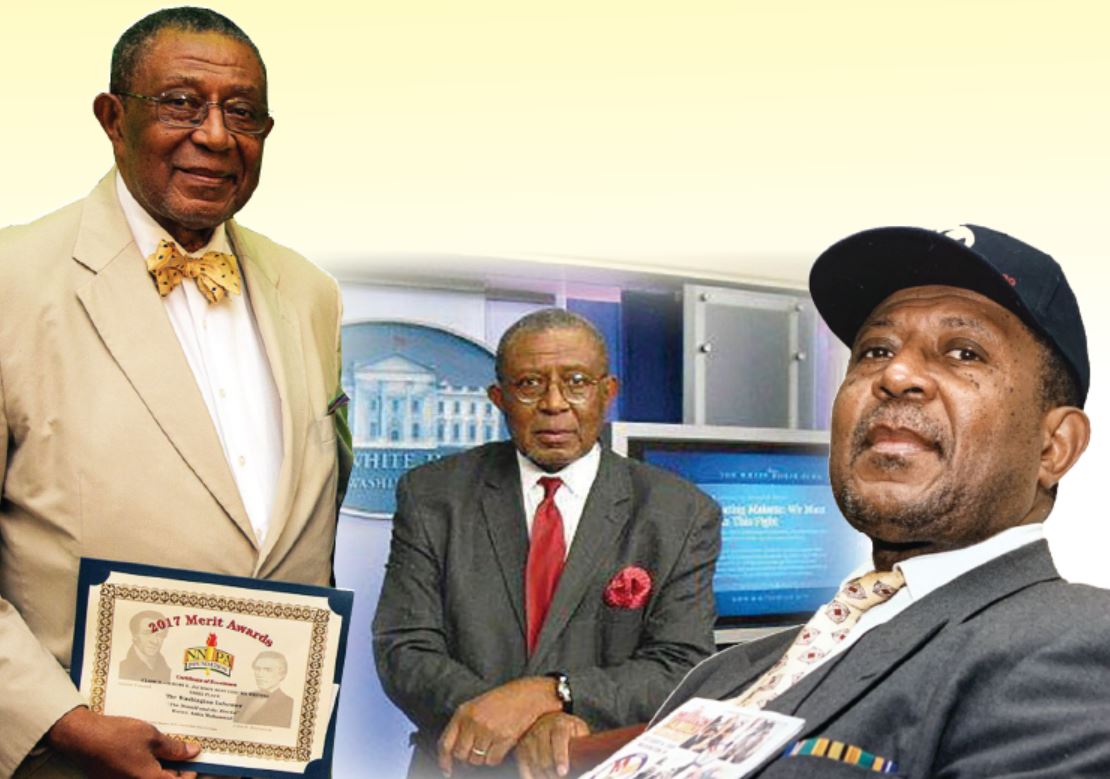
A lasting memory of Askia was after the historic 1995 Million Man March. Rev. Chavis recalled seeing Askia standing alone on the Capitol steps.

“He was standing there with his writer’s pad taking notes. He was capturing the immediate aftermath of the march. The question is, who will pick up the pen of Askia Muhammad and use it as he used it to fight for freedom, justice and equality as he did?” Rev. Chavis asked.
Born Charles K. Moreland Jr. in 1947 in Yazoo, Mississippi, Askia attended college at San Jose State University. He later joined the Navy’s Officer Candidate School before leaving to join Newsweek magazine as an intern in 1968. He never returned to the Navy.
“I was orbiting and drifting around and finally in late 1968, I started attending meetings of the Nation of Islam,” Askia once said in a radio interview. He would go on to join the Muslim organization and received his “X” in 1969.
“I threw myself into the activities of the Nation almost the same way I threw myself into the activities of Omega Psi Phi. It was a search for brotherhood and manhood, and I found it there, and I was also continuing to be a journalist,” he told the interviewer.
During his early years with the Nation, Askia returned to journalism, writing for the Muhammad Speaks newspaper and becoming its first Muslim editor. When the Nation fell, Askia continued to write for Black newspapers and one editor sent him to Washington, D.C., to cover politics after the election of President Jimmy Carter.
When Minister Farrakhan resurrected the teachings of the Honorable Elijah Muhammad and started The Final Call newspaper, Askia became one of its first editors. As The Final Call grew, he became chief of the Washington bureau, White House correspondent and senior editor.
Throughout the early rebuilding years, Askia was a trusted writer of national and world events and traveled internationally with Minister Farrakhan and Final Call staff to report on the issues.
Final Call Editor-in-Chief Naba’a Muhammad applauds Askia’s stance as a Black journalist.
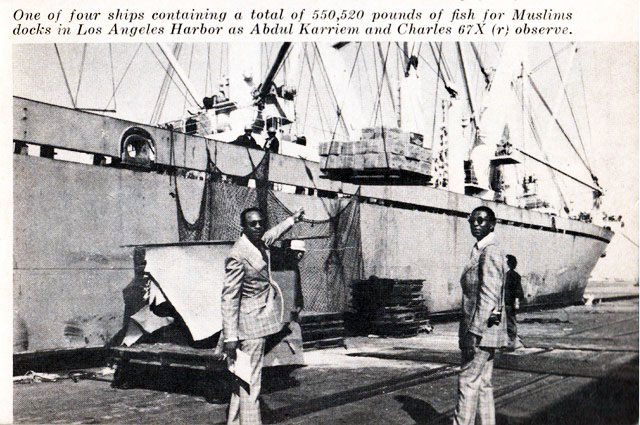
“At a time when many Negroes would have taken advantage of an opportunity—which he had in 1968 by going to work as an intern for Newsweek—to enter into the American mainstream, Brother Askia made a decision to chart his own destiny,” Editor Muhammad said.
“We are better as a people, Black journalism is better as a vocation, and the Black press is better as an institution because he chose to stand up … as opposed to seeking a comfortable personal position with the children of our former slave masters,” he said.
Naba’a Muhammad cited a photograph of then-U.S. Senator Barack Obama with Minister Farrakhan. If that photo had come out publicly when Mr. Obama was running for president, “you would never have had a Black president,” Naba’a Muhammad said.
“That picture was worth thousands of dollars at the time. It was worth fame at the time. But the picture was taken and held by a man of integrity who did not reveal it for 12 years,” editor Muhmmad said.
Askia Muhammad was author of several books, one of which, “The Autobiography of Charles 67X,” the Obama-Farrakhan photo was printed in. He won numerous awards and merits of recognition. In addition to his news broadcasting, Askia was popular as host of a morning jazz program called “Yardbird Sweets” on WPFW-FM.
In 2009 he received a resolution from the D.C. City Council honoring his commitment to the struggle of Black people through his writings and broadcasting. In 2019 U.S. Rep. Eleanor Holmes Norton rose on the House floor to celebrate Askia Muhammad on his 40th anniversary as host of “Yardbird Sweets” program. In 1994, Askia received the D.C. Mayor’s Award for “Excellence in Service to the Arts.”
He received the 1993 Washington Association of Black Journalists (WABJ) “President’s Award.” In 2003 and 2004, the National Association of Black Journalists (NABJ) awarded him first place in the “Salute to Excellence Award” for his commentaries on The Tavis Smiley Show aired on National Public Radio.
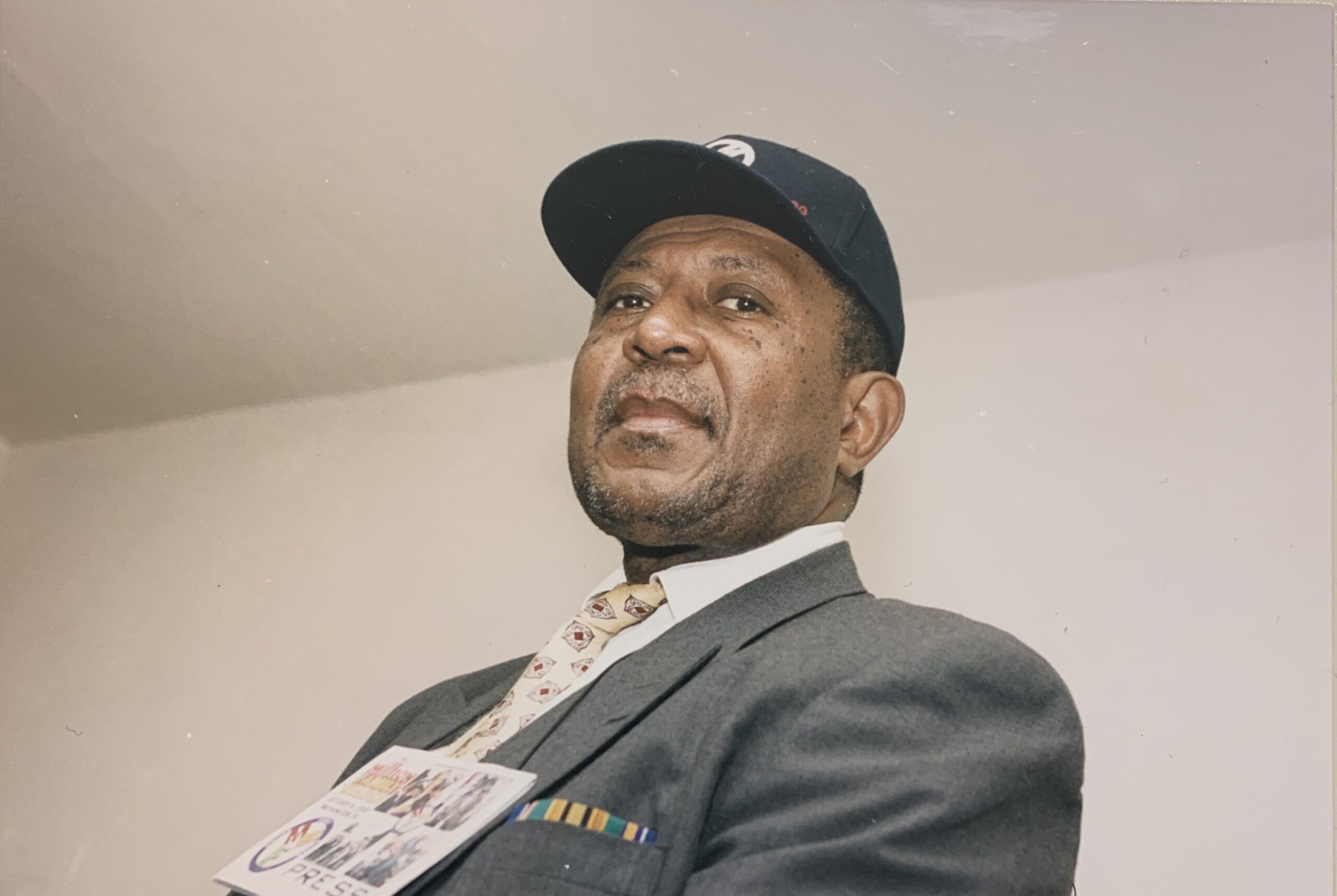
Askia Muhammad’s articles have appeared in USA Today, The Washington Post, The Nation, The Washington Informer, The Richmond Free Press, Jet magazine, The Baltimore Sun, The Boston Globe, and The Los Angeles Times, among other publications.
He questioned and wrote about major political and other figures as a member of The Trotter Group, which was composed of Black columnists.
“A great oak has fallen among us,” reflected Hazel Trice Edney, editor-in-chief of the Trice Edney News Wire and president emeritus of the Capital Press Club. “The name Askia Muhammad had become synonymous with respected journalism long before I met him in person. Whether through his columns in Black newspapers or his comforting voice on WPFW, Askia had become known as a community servant, dedicated to racial justice for decades. He was warm, a perfect gentleman, and fiercely dedicated to Black people.”
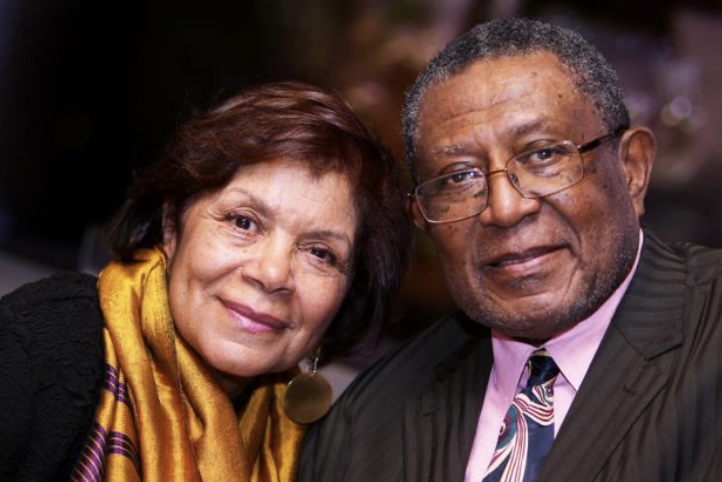
Washington Informer newspaper photographer Roy Lewis first met Askia when he was Charles 67X in California. He told The Final Call: “Askia did not mince his words. He represented his community in a way that reflects our training—represent your community no matter where you go. He was a brother that represented Black people in a way that we need more representation in these days at times.”
In a post on its website titled “Rest in Love & Peace Askia Muhammad,” WPFW-FM said Askia Muhammad “gave us all so much, always graciously and with a smile. Always speaking truth to power. Always standing up for those he loved and for right.”
“We just hold onto the vibration of love, truth, perseverance, hope, and joy that Askia exuded always,” the website post said.
Tom Porter, longtime friend of Askia Muhammad and program director emeritus at WPFW, told The Final Call, “He was a renaissance man and a very forward-thinking human being. He was a very kind, wonderful caring, human being. He was a leader in his own right. The community really looked up to him and the community is in serious mourning right now.”
Broadcaster Mark Thompson said Black people are further along because of Askia Muhammad. “Allah sent Askia here to reside among us … and him no longer being among us is probably one of the greatest losses to our physical journey. That’s why we have faith that we might believe in the substance of things hoped for, and the evidence of things not seen. If there was any substance, if there was ever any evidence, Askia Muhammad provided that to us,” added the Washington, D.C., area online radio host, pastor and activist.
“The spirit of our beloved new ancestor, Askia Muhammad, rises,” tweeted Howard University Professor Greg Carr. “He is #MaaKheru [The Voice is True]. We cherish the time he spent here in this form and in this place, finding and speaking the truth,” Dr. Carr explained. “We will keep him in our memory and lift his example to light our way.”
“I crossed paths with Askia Muhammad many times, including having him as a guest on TV One and News One Now. Sorry to hear of his transition to ancestor,” tweeted journalist Roland S. Martin of the #RolandMartinUnfiltered Daily Digital Show.
Lauren Burke, a writer with Black Press USA, worked with Askia for years covering the Congressional Black Caucus. She told The Final Call, “We just lost a huge legend … that had a great deal of historic memory about our community. We lost somebody who is really sort of irreplaceable, frankly, in a world where journalism is heading in this sort of direction of more opinion and [social media] ‘clicks’ for money.
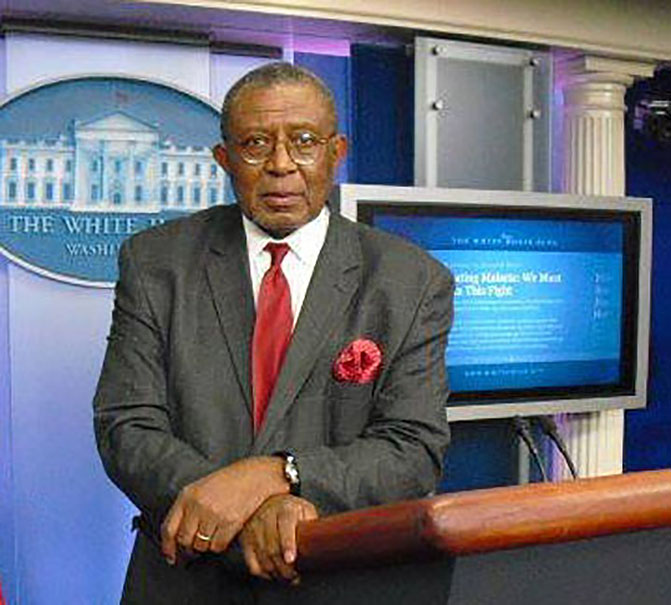
“Askia was somebody who was doing it old school and doing it in a way that really was informing our community. He knew the history, he knew the culture and he was a huge mentor for a lot of people,” she said.
Noted Chicago journalist and broadcaster Salim Muwakkil worked with Askia Muhammad at Muhammad Speaks. He was a reporter with the Associated Press but contributed articles to the paper prior to the Hon. Elijah Muhammad bringing him on staff.
Askia and Mr. Muwakkil formed an immediate bond through their love of jazz music. Up until his death, Askia and Mr. Muwakkil would have occasional talks about music and current events.
“I was always impressed by his dedication and expertise; his mastery of the nuts and bolts of journalism,” Mr. Muwakkil told The Final Call. As a member of Muhammad Speaks “he kept me straight. I came in from the East Coast and he was all business. He was true to the Messenger’s teachings and an excellent journalist,” he said.
Nation of Islam General Counsel and former Final Call Editor Abdul Arif Muhammad noted that Askia Muhammad was the first Muslim editor of Muhammad Speaks. He also recalled how meticulously Askia covered the 2008 Democratic National Convention when Barack Obama was nominated as the presidential candidate for the Democratic Party over Hillary Clinton.
“He was astute in political affairs and geopolitics all over the world,” observed Jamil Muhammad, co-host with Askia Muhammad on “Yardbird Sweets.”


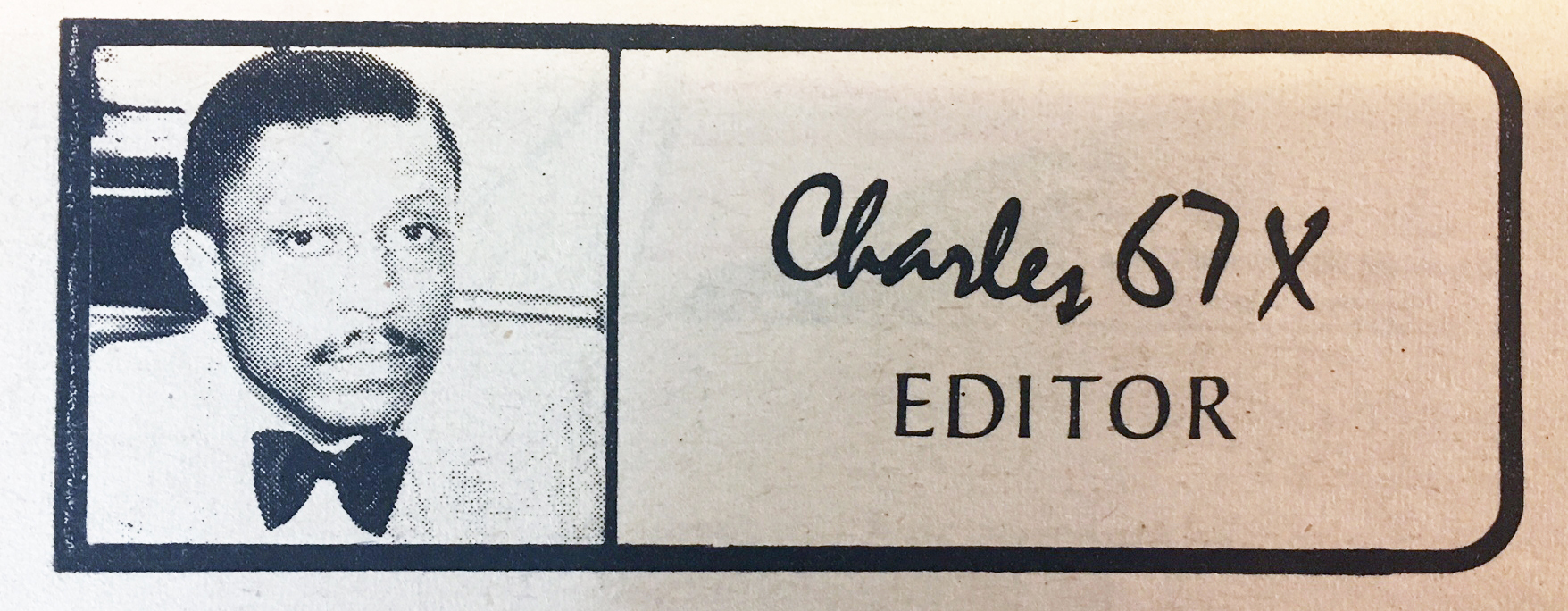
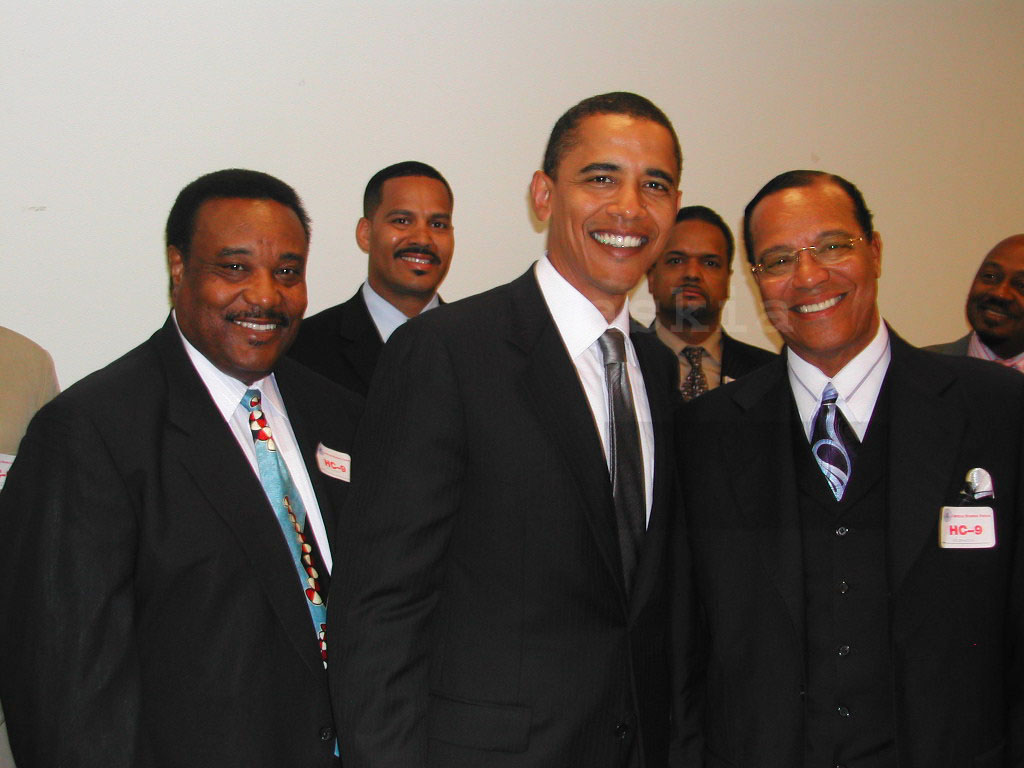
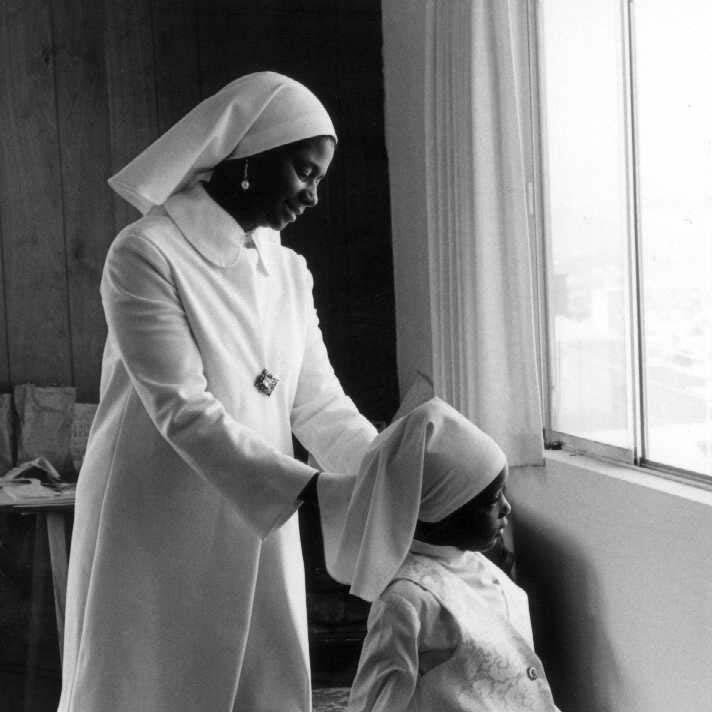

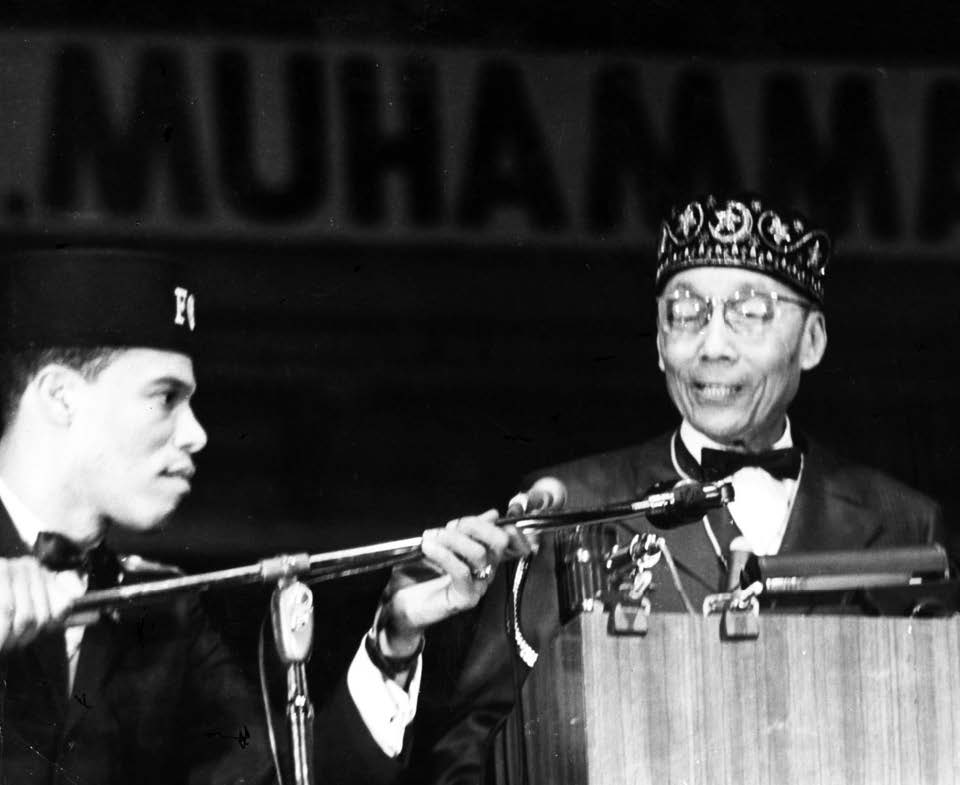
PHOTO: ASKIA MUHAMMAD
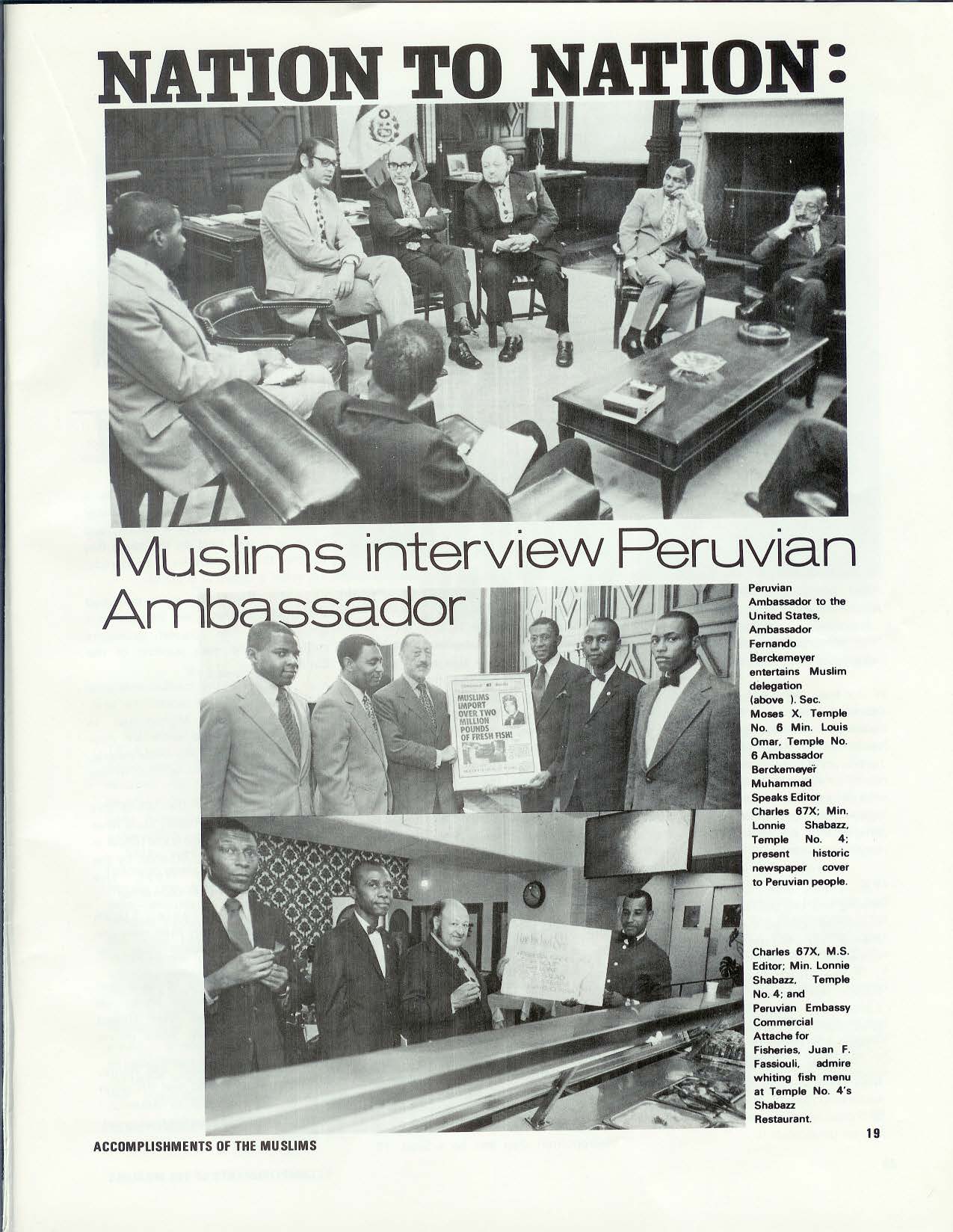
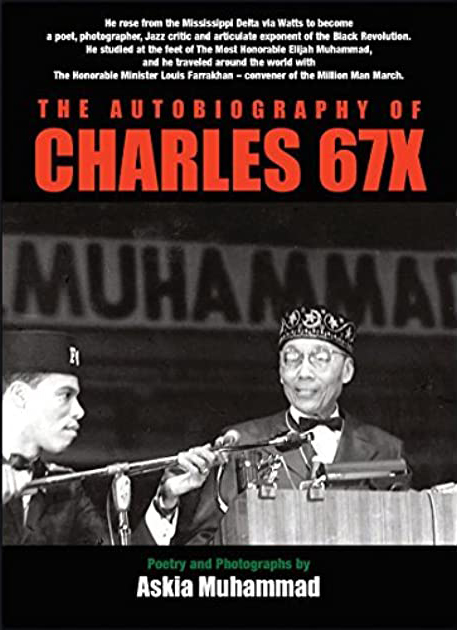
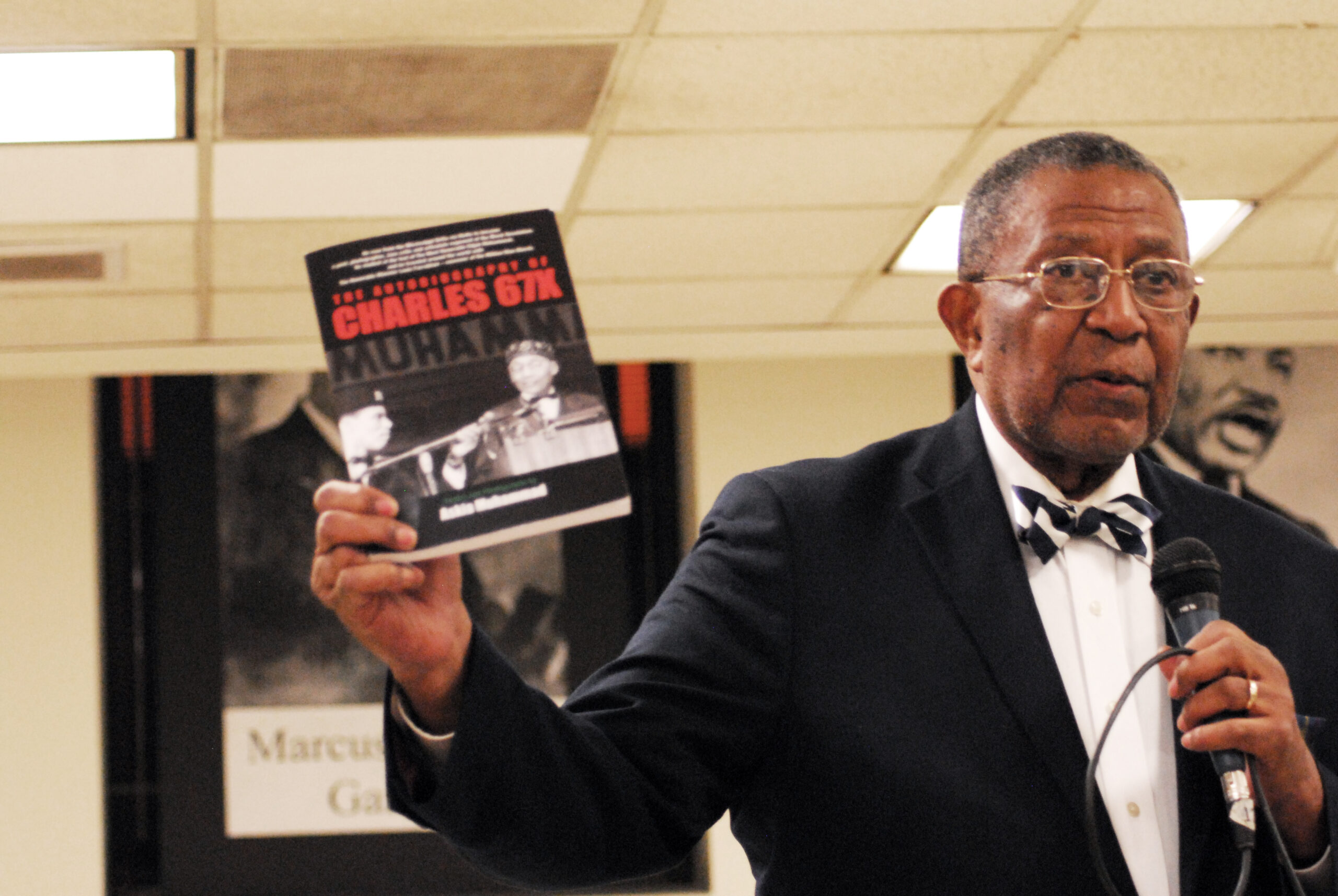
a collection of his writings, poetry, photographs and the only known photo of former U.S. President Barack Obama and the Honorable Minister Louis Farrakhan. The photo was published 12 years after it was taken and after the first Black president had left office. Photo: Haroon Rajaee
“When it came to music, he was aware of everyone from ancient African rhythms to Southern slave field hollers, to the blues, to jazz, to R & B to rock and pop and hip hop. I miss him already,” he said.
Nisa Islam Muhammad started working with Askia Muhammad in 1982. “When Askia had the awesome task of being the editor, The Final Call production was done in D.C., and the paper was printed in Chicago. I was a journalism student and was hired as his copy editor. Askia helped me improve my writing and gave me so much guidance. He was a mentor but most of all he was a good friend,” she said.
Askia Muhammad is survived by his wife Alverda Ann Muhammad. A private funeral is planned to be followed by a public memorial at a future date. May Allah be pleased with Brother Askia Muhammad.
Final Call staff writer Nisa Islam Muhammad contributed to this report.












